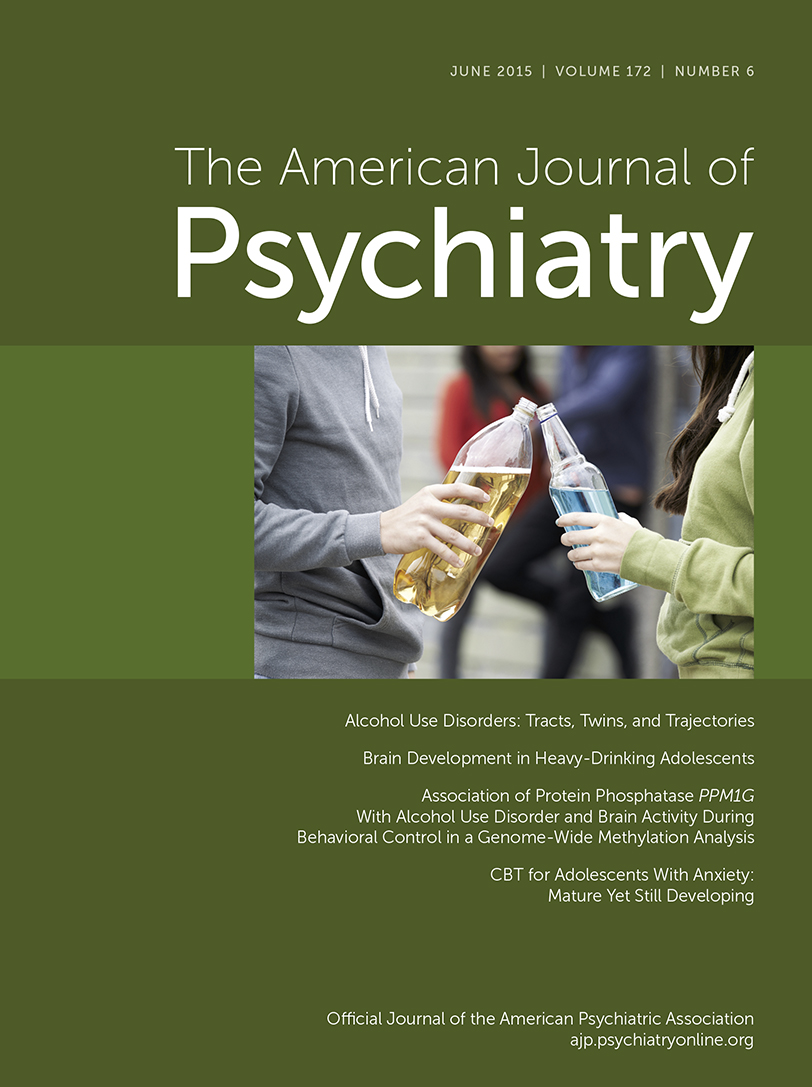It’s been more than 2 years. In December 2012 I walked, for the last time, out of the office where I had practiced the past 9 of 23 years. There was still a lot of time then when I was well enough to work, but I could not say on which days or hours. Consequently, cancellations were frequent. I cut back several times, each time trimming down to the patients I thought could least afford to lose their psychiatrist. But the cancellations continued. I dreaded the feeling when I had to compromise either my health or a patient’s. So it was time to quit.
I had been ill for 8 years by then. Most of the patients were aware, as I had been walking with a cane for years and had several long absences for surgeries. Some asked how I was. Most didn’t. And some, frequently nurses, noticed the pain on my face and chastised me for being in the office.
I thought that by now, 2 years out, I’d be either better or clearly settled into a stable pattern. Neither has happened.
People say I look “great” because years of frantic exercise to ward off effects of illness along with the gift of skinny genes leave me still trim in spite of steroids and sedentary days. I am also on a new medicine, which has caused photosensitivity (never seen in 23 years of prescribing). This gives my face a healthy red hue that I can renew any day by merely driving up the highway toward the sun.
There’s lots to learn about being chronically ill: how to temper disappointment and good news, as both will pass; what to do, if anything, about forging a new identity; when to insist on more feedback from your doctor and when to rest in capable hands. Friends and family, previously givens, become great consolations and reminders of your precarious dependencies.
One bump on the learning curve has been my impatience with (nonmedical) newcomers to my situation who pry me with questions like “Have you tried…?” (often a natural remedy) or “How do you know it’s not…?” (generally a more mundane explanation for my symptoms).
This both angers and saddens me. I’m assured by those closest that these are all well-intentioned attempts at help. No doubt they are, but to my ear there’s more. It sounds rapid fire, somewhat tense, and with an air of cross-examination. The implication, I think, is that somehow I haven’t gotten it right just yet. One theme is if you haven’t tried everything and anything you are not fully tackling the problem. A problem my interlocutors know next to nothing about.
While alone, where all great arguments are decisively won, I think of clever retorts, such as “Well, I haven’t sacrificed a chicken either. Shall I try that?” Or more thoughtfully, “When you have a very serious problem, do you try anything?”
A breakthrough in this matter came from an unsurprising place. Psychiatry. A family member who is himself chronically medically ill has a daughter with schizophrenia who was recently hospitalized. Several people have asked him in knowing whispers, “Was there a boy involved?” Thus demoting his daughter’s crippling illness to teenage angst.
My relative made a connection I had missed. My complaints and hurt feelings were the same as those of the many people I had treated over more than two decades. I had not so much as left work as I had arrived in the same boat as my patients.
How do so many well-meaning people pivot from serious illness, the name of which they may have never heard, to confident advice about boys, bad mattresses, natural remedies, and good doctors? And why is it so distressing to us the afflicted?
The turning point rests on the kind of language we use to describe illness. Words like “pain,” “depression,” “anxiety,” “stress,” and even, in my case, “arthritis” bring the discussion back to terra firma, where common-sense solutions can once again reign over the medically mysterious. We all breathe a sigh of relief when we realize that words like “cancer” or “Alzheimer’s” need not push us into the bleachers of discourse where we must sit powerlessly and nervously lest we be next.
So what would I and, if I can speak for them, my former patients like from otherwise well-wishers?
I’d like them to know the following. Being chronically ill is not like having a bad back or a bad break-up. Your life is greatly downsized. And in your new smaller quarters there are more sharp edges, so you must beware a misstep (thus, “try anything” is a bad idea). You will have cordial exchanges about life, but you are a confederate, a spectator here, not a real participant.
As bleak as this may sound, it is all made livable by those close to you and the remaining senses of normalcy that everyday life brings. Add a dash of usefulness and interest and even much smaller lives seem to fit well enough. As I have built this for myself I know that many of my former patients have not. Might things have been different for them if someone had come with them to my office to say, “Doc, can you tell me about what she has?”

